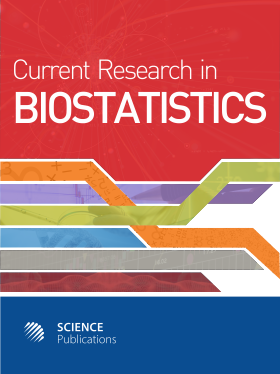Trial Design and Analysis with Incomplete Paired Data
- 1 AMAG Pharmaceuticals, Inc. Lexington, United States
- 2 Boston University, United States
Abstract
For a clinical trial design with paired data, it often involves missing observations. In such a case, the data from the trial become a mixture of paired and unpaired data. A commonly used approach for the analysis of the trial data is to ignore the incomplete pairs. Such a treatment of missing data is not statistically efficient. We propose a simple method that will allow us to use all data, including the incomplete pairs. The method is optimal in the sense that it minimizes the variance. We will show how to design classical and adaptive trials with the proposed method. The proposed method can also be used for meta-analysis, in which, some trials with paired data and some are not.
DOI: https://doi.org/10.3844/amjbsp.2015.61.68

- 6,389 Views
- 3,451 Downloads
- 0 Citations
Download
Keywords
- Paired Data
- Non-Inferiority
- Meta-Analysis
- Incomplete Data
- Missing Data
- Sample Size
- Adaptive Design
